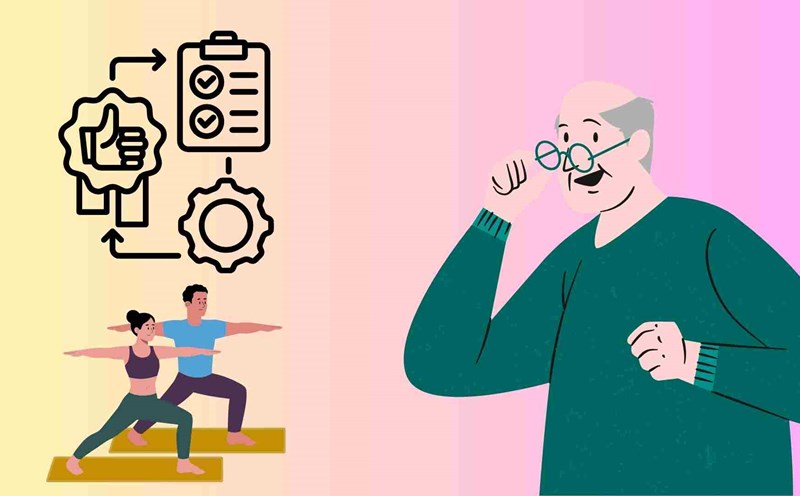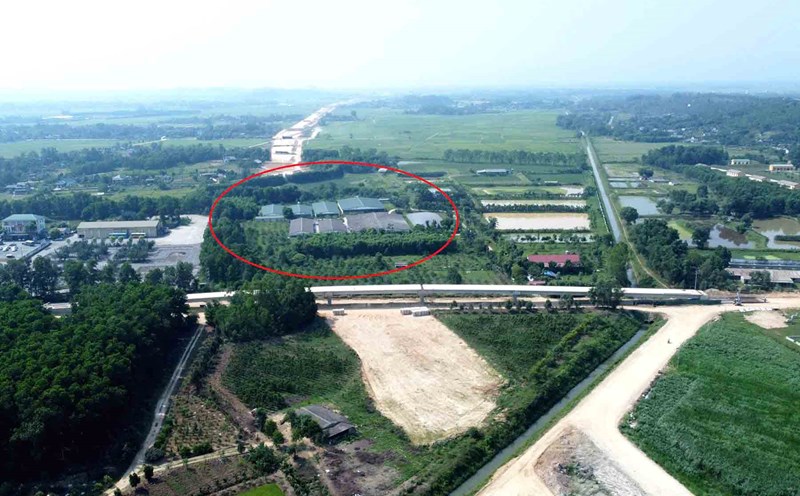turning 50: As the body ages faster
A study published in Cell analyzed organs from 76 organ donors, aged 14 - 68, and discovered a clear acceleration of the aging process in the 45 - 55 age period. Not all organs age at the same rate: the arteries, pancreas and spleen change more strongly than other organs.
According to Dr. Guanghui Liu, a professor at the Chinese Academy of Sciences, adrenal tissue and hormone production can show signs of premature aging from the age of 30, signaling early hormonal imbalance as a factor that initiates the process of decline throughout the body.
The 45-55 age range is a major milestone, as most organs experience a nuclear storm with a spike in protein marked difference, marking a strong transition to systemic aging, Liu said.
Protein watch and how to assess biological age
The team used a proteomic aging watch to measure the aging rate of tissues. Unlike a DNA-based bieuender, this method analyzes proteins to determine the biological age of each organ.
The proteomic clock is changing the way we think about biological age, says Dr. Douglas Vaughan, Director of the Potocsnak Institute for Life at Feinberg Medical School (Northwestern University, USA). It turns out that the systems in the body age at different rates."
Some other studies also show that the aging process accelerates at different stages, such as 44 and 60, but middle age is still the period with the most biological fluctuations.
How to slow down the aging process before age 50
According to Dr. Robert Mankowski, Associate Professor of Geriatrics at the University of Alabama (USA), aging begins right from birth, so body care needs to start as soon as possible.
Habits that help slow down this process include:
Maintain a balanced diet rich in vegetables, fruits, good fats and lean proteins.
Exercise regularly to improve cardiovascular, bone and muscle.
Get enough sleep to restore tissue and balance hormones.
stimulate the brain through reading, studying, and social interaction.
Control stress with meditation, deep breathing, or relaxation activities.
Mankowski emphasized: We cannot change genes, but we can control lifestyle. Proper physical activity and nutrition help the immune system stay healthy, reduce the risk of chronic diseases and support healthy aging."











